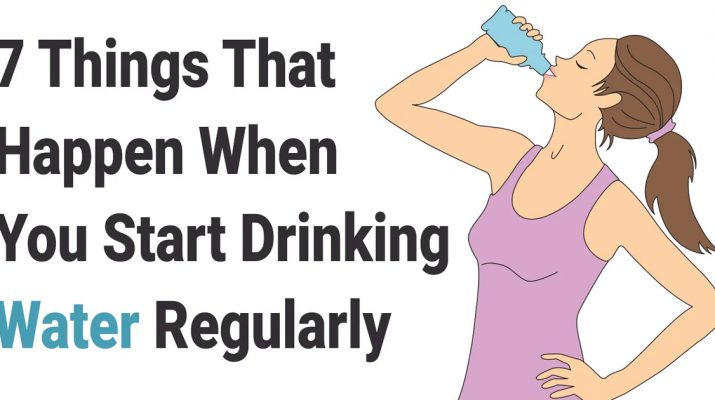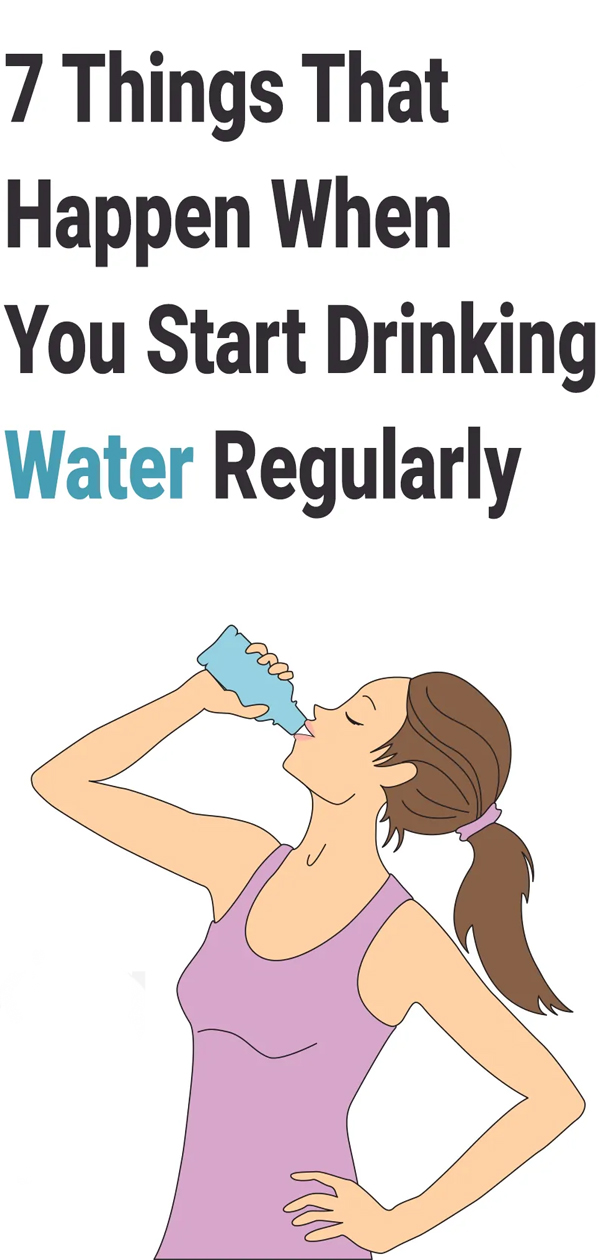Up to 60% of the human adult body is water. According to H.H. Mitchell … the brain and heart are composed of 73% water, and the lungs are about 83% water. The skin contains 64% water, muscles and kidneys are 79%, and even the bones are watery: 31%. – The United States Department of the Interior
There is one thing that all creatures – large and small – have in common: water is essential to their survival. The human body is no exception. Our body is composed of roughly 60 percent water, thus water is vital to numerous bodily functions. Here is a shortlist of what water does for us:
- forms saliva
- normalizes body temperature
- converts food to minerals used by the body
- delivers oxygen all over the body
- lubricates joints
- flushes body waste
- permits the growth and maintenance of cells
- moistens mucosal membranes
- absorbs shock to the brain and spinal cord
In short, water aids absorption, circulation, digestion, nutrient transportation, regulation of body temperature, and more. Let’s get a bit more specific about the benefits of H20.
Here Are 7 Science-Backed Benefits Of Drinking Water On A Regular Basis:
1. Higher Energy Levels And Better Brain Function
The brain weighs about three pounds. Water accounts for approximately 2.2 pounds of this. It’s hardly a surprise that water directly impacts brain function.
A study published in The Journal of Nutrition showed that a fluid loss of just 1.3 percent impairs one’s ability to concentrate. What is more, it can result in a worse mood, and increase the number of headaches someone experiences.
2. Relief Of Digestive Problems
Water is critical for saturating the gut and softening food for digestion. Without it, food cannot be efficiently absorbed and passed out of the body. Drinking water is shown to help relieve constipation. Water helps to soften the stool as well as maintain and improve intestinal health.
3. Accelerated Weight Loss
Water increases satiety – the feeling of being full. As a result, we eat less both during and after meals. Additionally, water boosts our metabolic rate, allowing us to burn more calories at rest. Two studies show that drinking just over 16 ounces of water may increase metabolism for up to 30 percent for as long as 1.5 hours.
4. Fewer And/Or Milder Headaches
Dehydration is a leading cause of headaches and migraines. To illustrate, consider the morning after having one too many glasses of vino. That headache? Acute dehydration causes it.
Drinking water doesn’t lead to fewer headaches for everyone. However, studies show that drinking large quantities of water may help to shorten a headache’s span. It may also reduce the intensity of the symptoms.
5. Better Mood
Who doesn’t want to have a better mood? Perhaps you’ve been dealing with a bit more volatility than usual. Drinking more water may help!
In a study published in the journal Appetite, 120 female college students documented everything they ate and drank over the course of five days. After analyzing participant responses to mood assessments, the outcome was clear: “The greater the water consumption, the better the mood.”
More specifically, confusion, depression, and tension scores went down as water intake went up!
6. Better Physical Performance
Studies show that as little as a two-percent loss of the body’s water content can cause physical performance to suffer. For example, consider that athletes can lose between 6-10% of water levels through sweat.
Increased water consumption results in better temperature control, higher motivation, less fatigue, and more physical and mental vitality. This is especially important during periods of physical strain – for example, exercise.
7. Improved Urinary Health
As you probably know, water is the main component of urine. It is also critical to the health and functioning of the renal system, which “produces, stores, and eliminates urine.” Water also helps to detoxify the kidneys and improve their function.
One such example of H20’s effect on the urinary system is apparent from studies regarding kidney stones. Research shows that water destabilizes the components that makeup kidney stones, allowing them to be passed through the renal system at a higher rate. As a result, the time-frame for full recovery drops. Water may also help to prevent the formation of stones. (Additional studies are required to verify this.)
Final Thoughts
Your body relies on water to survive. Aside from preserving life, water also enhances it. It improves the performance of every bodily system.
More debatable is the question “How much water do we need?” Per the Mayo Clinic:
“Most healthy people can stay hydrated by drinking water and other fluids whenever they feel thirsty. For some people, fewer than eight glasses a day may be enough. But other people might need more.”
The Clinic states that 64 ounces (roughly eight cups) of water per day is enough for most people. Factors are known to affect the amount of water you need include exercise, environment, overall health, and pregnancy. You can adjust your water intake according to your situation.


